
Blog - Federal Policy
517 posts
NCTI is an Important Part of the Federal Corporate Tax. States Should Adopt It Too.
February 12, 2026 • By Carl Davis

Including NCTI in state corporate tax law is an effective way to neutralize much of the tax avoidance that occurs when multinational companies artificially shift their profits into overseas tax havens.
Trump Undermined the Constitution to Give Corporations a $10 Billion Tax Cut
February 10, 2026 • By Matthew Gardner

This unilateral corporate tax cut from the Trump administration will cost $10 billion over a decade unless it is reversed.
What Did 2025 State Tax Changes Mean for Racial and Economic Equity?
February 9, 2026 • By Brakeyshia Samms

The results are a mixed bag, with some states enacting promising policies that will improve tax equity and others going in the opposite direction.
Four Big Tech Companies Avoid $51 Billion in Taxes in Wake of One Big Beautiful Bill Act
February 6, 2026 • By Matthew Gardner
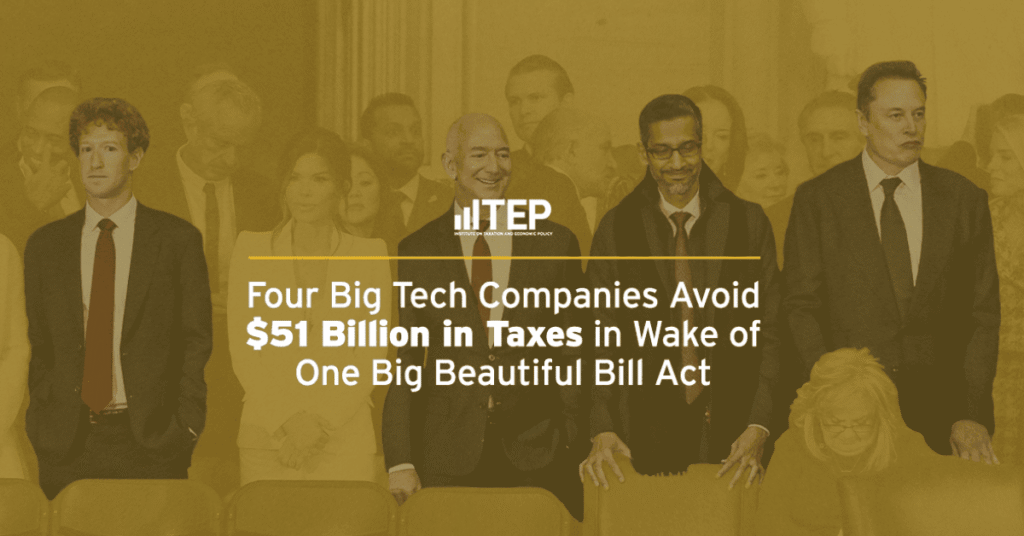
Four of the corporations whose CEOs flanked President Trump at his 2025 inauguration ceremony have now disclosed that they collectively received $51 billion in federal tax breaks in 2025, much of that likely from the One Big Beautiful Bill Act (OBBBA).
Meta’s Federal Tax Rate Hits an All-Time Low Due to Breaks Expanded by Trump Tax Law
February 4, 2026 • By Matthew Gardner

The company paid an effective federal income tax rate of just over 3.5% in 2025, the lowest it has recorded since the company went public as Facebook in 2012.
Trust Reform is Needed to Protect States, Especially in the Wake of IRS Enforcement Cuts
February 3, 2026 • By Sarah Austin

Trust use is widespread among the wealthiest households, with reports showing that roughly half of the nation’s wealthiest people rely on trusts for tax avoidance reasons
Tesla Reported Zero Federal Income Tax on $5.7 Billion of U.S. Income in 2025
January 29, 2026 • By Matthew Gardner

Tesla enjoyed almost $5.7 billion of U.S. income in 2025 but paid $0 in federal income tax. Over the past three years, the Elon Musk-led company reported $12.5 billion of U.S. income on which its current federal tax was just $48 million.
Intuit Helped Limit Americans’ Tax Filing Options While Raking in Millions in Tax Breaks
January 28, 2026 • By Joe Hughes

As tax filing season begins, families have fewer options than last year, thanks to the heavy lobbying efforts of big tax-preparation corporations like Intuit (the parent company of TurboTax).
How the Wealthy Exploit the Tax Code: Q&A with Professor Ray Madoff, Author of ‘The Second Estate’
January 26, 2026 • By Brakeyshia Samms

Her timely book, The Second Estate: How the Tax Code Made an American Aristocracy, walks readers through federal tax policy history and the modern-day legal maneuvers the wealthy use to pay little to no taxes
Curbing Tax Deductions for Executive Pay is a Federal Tax Change States Should Get Behind
January 9, 2026 • By Matthew Gardner

This provision in last summer’s tax law could actually make budget-balancing a little bit easier for states if they follow suit.
Don’t Be Fooled by Treasury’s Jekyll and Hyde Approach to Tax Enforcement
December 31, 2025 • By Matthew Gardner

While this guidance is sorely needed to clean up the mess created by a hasty Congress, these notices stand in sharp contrast to the deregulatory, anti-tax approach that the Treasury Department has taken.

From Congressional discussions over the so-called "One Big Beautiful Bill Act" to debates on property taxes, ITEP kept busy this year analyzing tax proposals and showing Americans across the country how tax decisions affect them.

His 900-word New York Times op-ed identifies some sensible federal tax reform ideas that would create a fairer, more sustainable tax system.
President Trump Says His Tariffs Aren’t Paid by Americans. Corporations Are Indicating the Opposite.
December 15, 2025 • By Logan Liguore

Corporations have publicly revealed that they are passing the cost of tariffs on to Americans—the opposite of what the executive branch has said is happening.
Congressional Republicans Ignore Tariffs and Instead Talk Up Their Corporate Tax Cuts
December 4, 2025 • By Steve Wamhoff
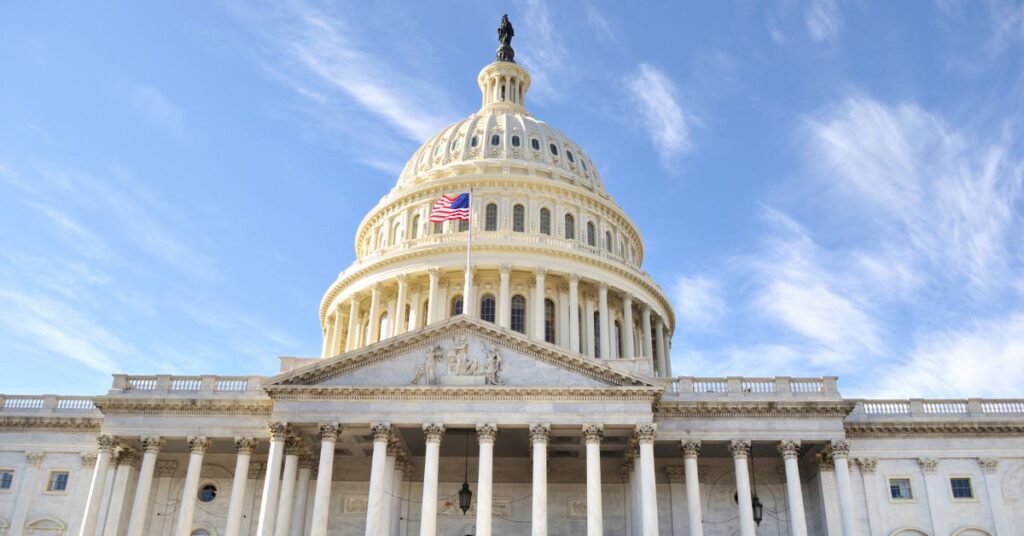
Instead of discussing President Trump's deeply unpopular tariff policies, House Republicans are making misleading and untrue claims about their tax cuts.
Don’t Hold Your Breath Waiting for a Tariff Dividend from Trump
November 12, 2025 • By Steve Wamhoff

Trump gives a promise, with absolutely no plan, to give $2,000 to every American using tariff revenue.
Trump Goes Outside the Law to Give Even More Tax Cuts to the Wealthy
November 12, 2025 • By ITEP Staff
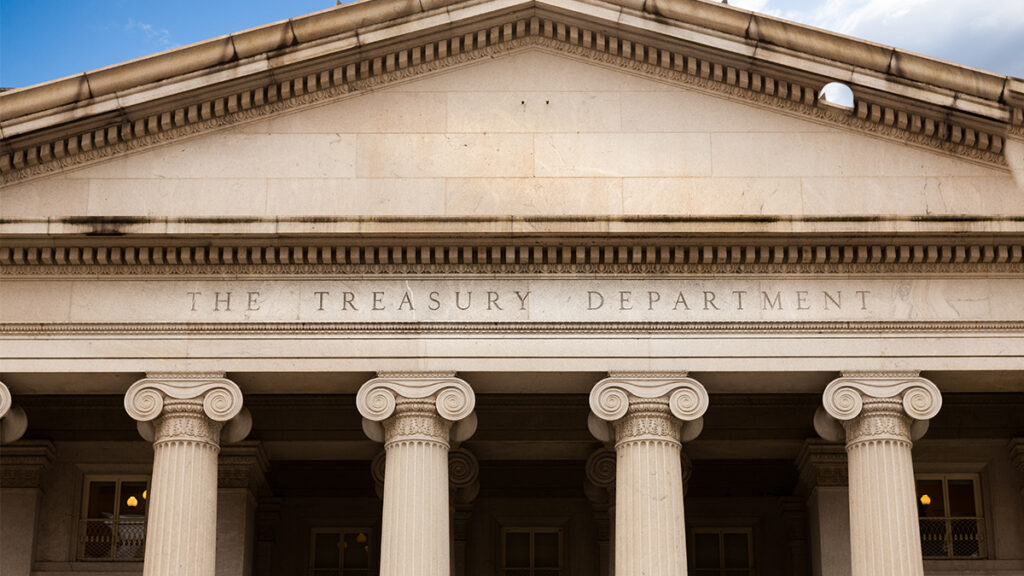
Trump's Treasury is overstepping far beyond its constitutional role by giving unlegislated tax cuts to the wealthy.
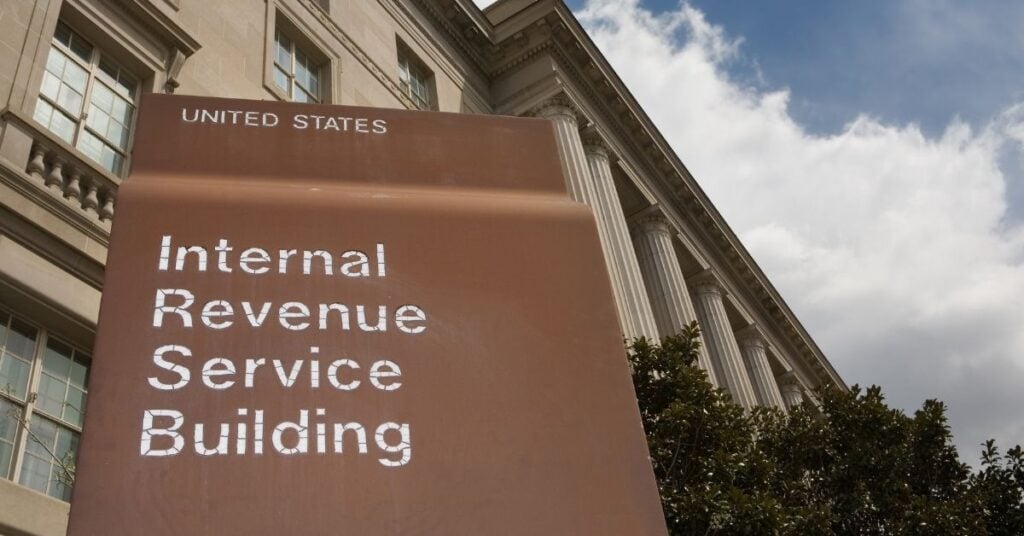
The move was expected, given heavy lobbying from tax prep companies like Intuit and H&R Block to put a halt to the IRS’s popular Direct File program.
Biden Tax Reforms Take a $16 Billion Bite Out of Trump’s Big Tax Giveaway to Meta
October 30, 2025 • By Matthew Gardner

Meta’s earnings setback is entirely attributable to an important tax reform championed by the Biden administration in 2022.
Oil and Gas Companies Are Paying Less Tax to the U.S. than to Foreign Governments
October 30, 2025 • By Matthew Gardner

Since 2017, these companies paid $135 billion in income taxes to foreign governments, but just $29 billion to the U.S.
Well, That Was Fast: Trump Tax Law’s New Corporate Breaks are Already Worsening the Deficit
October 9, 2025 • By ITEP Staff

Corporate income taxes for the fiscal year that ended in September are $77 billion lower than in the previous year, a 15 percent drop.
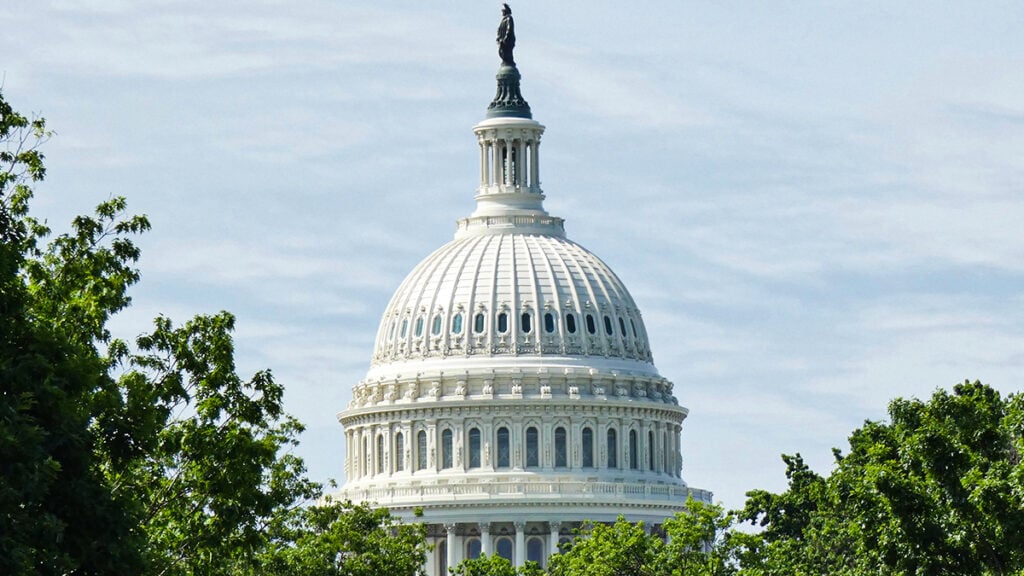
Many lawmakers who were vocal supporters of this bill will see direct personal benefits while most of their constituents benefit little or will be worse off.

President Trump’s massive tax-and-spending bill continues the administration’s assault on racial and economic justice by prioritizing tax breaks for the top 1% while neglecting the economic well-being of poor and working families of all races, especially people of color.
Coca-Cola To Shareholders: $18 Billion Tax Bill? What $18 Billion Tax Bill?
October 1, 2025 • By Matthew Gardner

If Coca-Cola only pays 3% of the $18 billion tax bill it's facing, then the rest of us will have to pick up the remaining 97%.
Leaving Billions on the Table: Trump-Induced Brain Drain Leaves the IRS Struggling to Prevent Corporate Tax Avoidance
September 25, 2025 • By Matthew Gardner

The IRS's capacity to prevent big multinational corporations from avoiding income taxes is facing a generational crisis.
